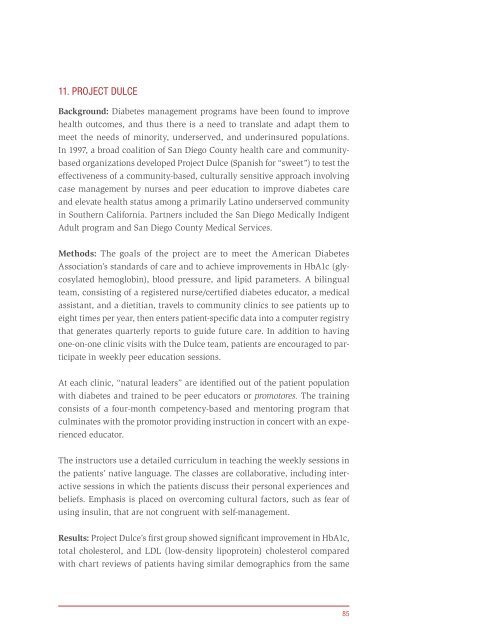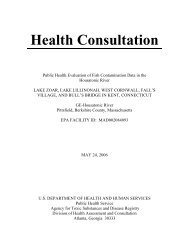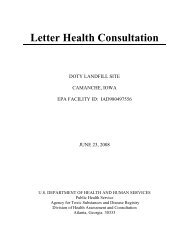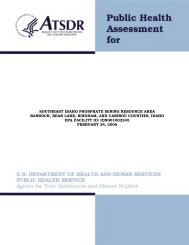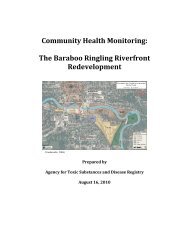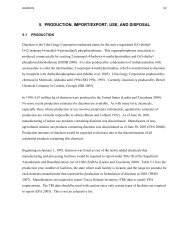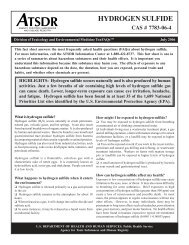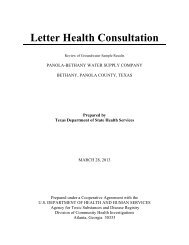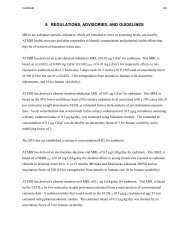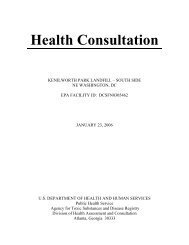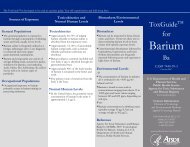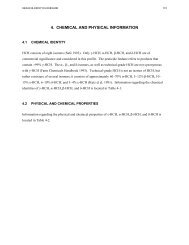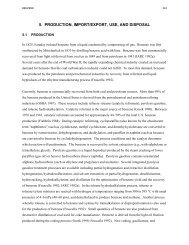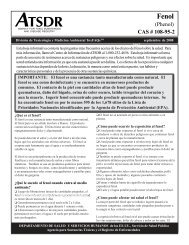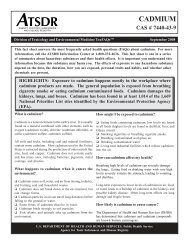Principles of Community Engagement (Second Edition)
Principles of Community Engagement (Second Edition)
Principles of Community Engagement (Second Edition)
You also want an ePaper? Increase the reach of your titles
YUMPU automatically turns print PDFs into web optimized ePapers that Google loves.
11. PROJECT DULCE<br />
Background: Diabetes management programs have been found to improve<br />
health outcomes, and thus there is a need to translate and adapt them to<br />
meet the needs <strong>of</strong> minority, underserved, and underinsured populations<br />
In 1997, a broad coalition <strong>of</strong> San Diego County health care and community-<br />
based organizations developed Project Dulce (Spanish for “sweet”) to test the<br />
effectiveness <strong>of</strong> a community-based, culturally sensitive approach involving<br />
case management by nurses and peer education to improve diabetes care<br />
and elevate health status among a primarily Latino underserved community<br />
in Southern California Partners included the San Diego Medically Indigent<br />
Adult program and San Diego County Medical Services<br />
Methods: The goals <strong>of</strong> the project are to meet the American Diabetes<br />
Association’s standards <strong>of</strong> care and to achieve improvements in HbA1c (glycosylated<br />
hemoglobin), blood pressure, and lipid parameters A bilingual<br />
team, consisting <strong>of</strong> a registered nurse/certified diabetes educator, a medical<br />
assistant, and a dietitian, travels to community clinics to see patients up to<br />
eight times per year, then enters patient-specific data into a computer registry<br />
that generates quarterly reports to guide future care In addition to having<br />
one-on-one clinic visits with the Dulce team, patients are encouraged to participate<br />
in weekly peer education sessions<br />
At each clinic, “natural leaders” are identified out <strong>of</strong> the patient population<br />
with diabetes and trained to be peer educators or promotores. The training<br />
consists <strong>of</strong> a four-month competency-based and mentoring program that<br />
culminates with the promotor providing instruction in concert with an experienced<br />
educator<br />
The instructors use a detailed curriculum in teaching the weekly sessions in<br />
the patients’ native language The classes are collaborative, including interactive<br />
sessions in which the patients discuss their personal experiences and<br />
beliefs Emphasis is placed on overcoming cultural factors, such as fear <strong>of</strong><br />
using insulin, that are not congruent with self-management<br />
Results: Project Dulce’s first group showed significant improvement in HbA1c,<br />
total cholesterol, and LDL (low-density lipoprotein) cholesterol compared<br />
with chart reviews <strong>of</strong> patients having similar demographics from the same<br />
85


